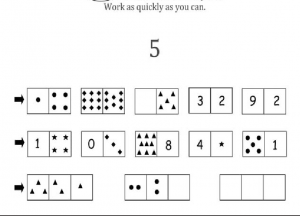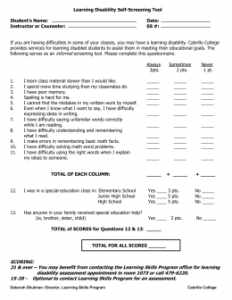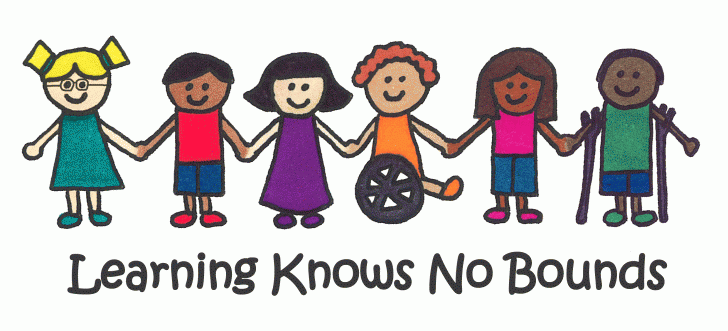“What are assessments?” is often the question that many parents will ask when they are first approached by the educators. A picture below demonstrates a brief cycle of assessment. One of the takeaways for this is that assessment is an ongoing cycle and not just a one step process.
An assessment is made for every single student as each are unique and will have different levels of learning. This assessment allows us to have an understanding of their baseline levels in their academics. There are currently 2 in the elementary years, grades 4&7, and another in the graduation years, in grades 10&12 (BC curriculum).

The test used is called the New Foundational Skills assessment and its main goals are;
The purpose of the FSA is to:
- Provide system level information on student performance
- Provide districts and schools with information on student performance.
- Support decision making (interventions, planning, resource allocation, curriculum, policy, research)
By using the assessments, we can identify the needs of the student and develop personalized educational plans if they have a learning disability.
RIOT is used as an acronym for educators to continue to assess, identify the gaps and to continue with the intervention plans.
RIOT stands for:
Reviewing the assessment data
Interviewing parents, teachers and the student
Observing the student in significant educational environments
Testing by assessing the student in other relevant areas for baseline data
After this process of assessment and collecting the baseline data for any type of interventions the student needs, they educators will proceed to developing an individual education plan for the students with learning disabilities.
Assessment structures can vary but the majority of assessments are as follows:
1. An initial interview
2. Tests of cognitive functioning and information processing
3. Tests of academic achievement levels
4. Social and emotional evaluations
5. Feedback interview
Typically in the cognitive functioning and information processing, there will be a level C assessment, these include the following:
Examples of some assessment tools that are used:



References
https://curriculum.gov.bc.ca/assessment-reporting/new-foundation-skills-assessment
http://www.ldao.ca/introduction-to-ldsadhd/articles/about-assessment/adults-with-ld-and-assessment/
